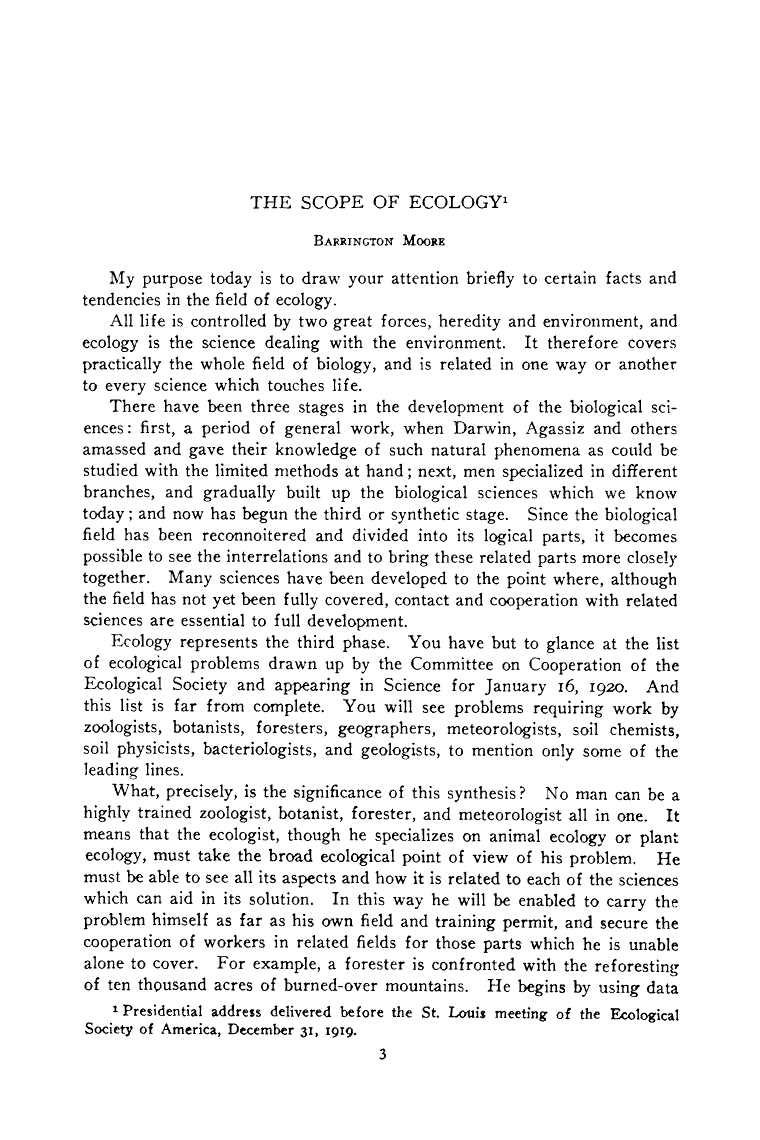Social Research Glossary A B C D E F G H I J K L M N O P Q R S T U V W X Y Z Home
Citation reference: Harvey, L., 2012-24, Social Research Glossary, Quality Research International, http://www.qualityresearchinternational.com/socialresearch/
This is a dynamic glossary and the author would welcome any e-mail suggestions for additions or amendments.
|
|
_________________________________________________________________
Ecology
Ecology refers to two separate but linked disciplines. First, it is a branch of biology dealing with the relationship of organisms to one another and to their surroundings. This general idea was developed into its second meaning, that of human ecology, which is the study of the interaction of individuals and groups with their environment.
The human ecological approach was popularised in the Chicago School, where some of the practitioners adopted an ecological model in their empirical analysis of facets of the city of Chicago.
Elwell's Glossary of Sociology (undated) defines ecology as:
The study of the system of relationships between organisms and their environment.
The first page of Barrington Moore's Presidential address to the Ecological Society of America in 1919 sets out clearly the roots of ecology

See also
Top